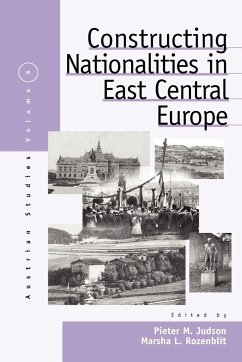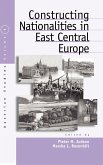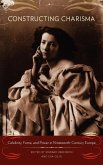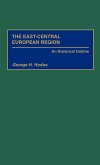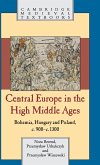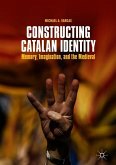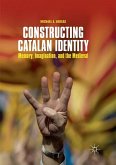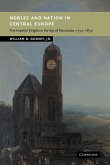¿¿insightful and informative¿.the essays in this volume contribute to a better understanding of nationalism and nation-building in multicultural East Central Europe.¿ · German Studies Review The hundred years between the revolutions of 1848 and the population transfers of the mid-twentieth century saw the nationalization of culturally complex societies in East Central Europe. This fact has variously been explained in terms of modernization, state building and nation-building theories, each of which treats the process of nationalization as something inexorable, a necessary component of modernity. Although more recently social scientists gesture to the contingencies that may shape these larger developments, this structural approach makes scholars far less attentive to the ¿hard work¿ (ideological, political, social) undertaken by individuals and groups at every level of society who tried themselves to build ¿national¿ societies. The essays in this volume make us aware of how complex, multi-dimensional and often contradictory this nationalization process in East Central Europe actually was. The authors document attempts and failures by nationalist politicians, organizations, activists and regimes from 1848 through 1948 to give East-Central Europeans a strong sense of national self-identification. They remind us that only the use of dictatorial powers in the 20th century could actually transform the fantasy of nationalization into a reality, albeit a brutal one. Pieter M. Judson is Associate Professor and Chair of the History Department at Swarthmore College. His book Exclusive Revolutionaries: Liberal Politics, Social Experience and National Identity 1848-1914 (Michigan, 1996) won the Herbert Baxter Adams Prize of the American historical Association in 1997 and the Austrian Cultural institute's book prize in 1998. Marsha L. Rozenblit is the Harvey M. Meyerhoff Professor of Jewish History at the University of Maryland, College Park. She is the author of The Jews of Vienna, 1867-1914: Assimilation and Identity (State University of New York Press, 1983) and Reconstructing a National Identity: The Jews of Habsburg Austria during World War I (Oxford University Press, 2001).

